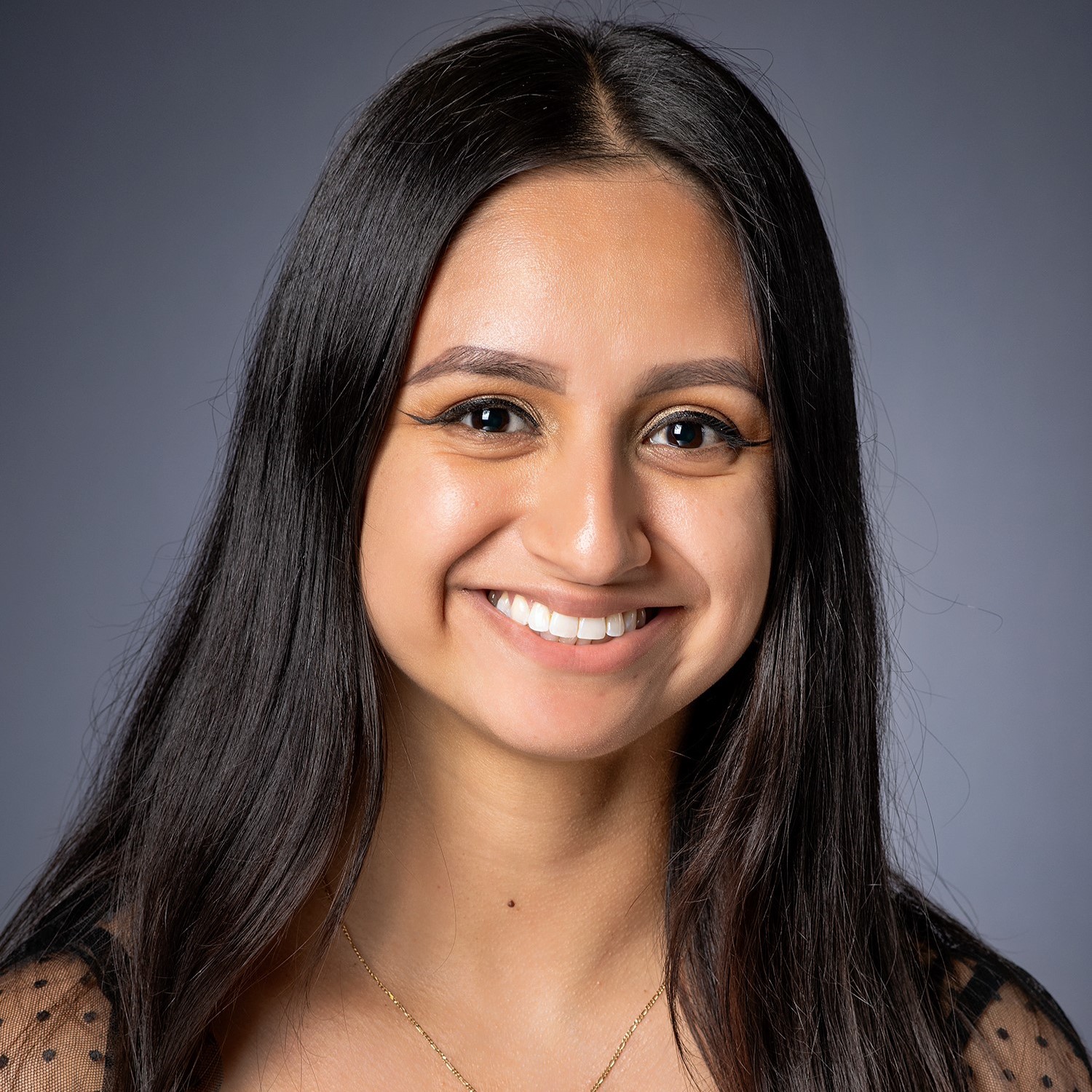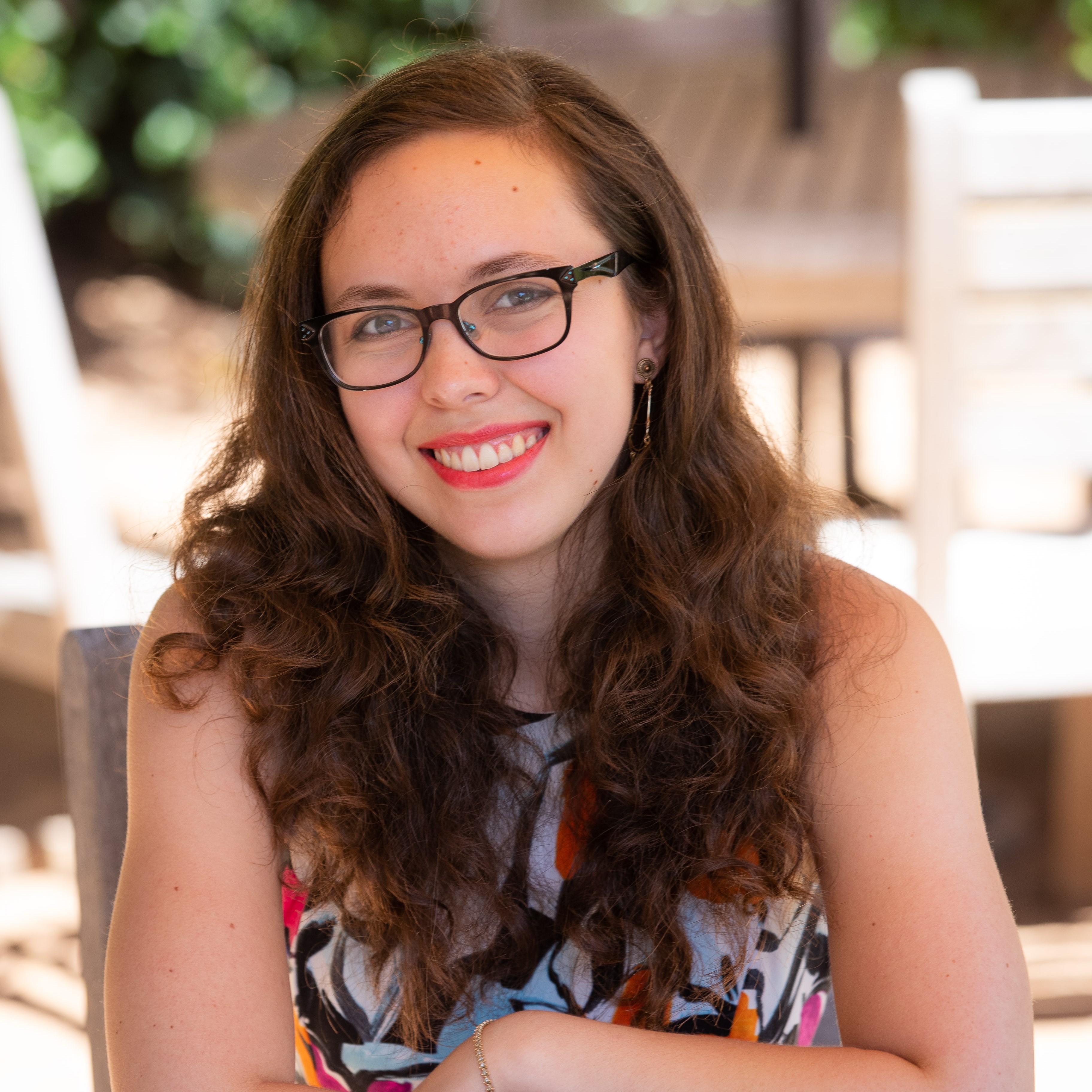PhD in Rhetoric and Composition
Program Overview
The PhD in Rhetoric and Composition (R/C) at TCU is one of the oldest PhD programs in Rhetoric in the United States. Our students focus closely on current theory, history, and pedagogy in preparation for research and teaching careers, writing program administration, and nonacademic careers. Our inspiring faculty have taken the lead in founding journals like Composition Studies and Rhetorics, Politics, and Cultures; participating on boards like Rhetoric Society Quarterly, Community Literacy Journal, Community Literacies Collaboratory, Coalition of Feminist Scholars in the History of Rhetoric and Composition; and leading and organizing national projects like Consortium of Doctoral Programs in Rhetoric and Composition, 2024 Computers and Writing Conference, The Black Language Syllabus, the 2022 Tracing the Stream National Symposium.
Nataly Dickson, R/C Ph.D. candidate
 "What I have most valued in my time at TCU has been the relationships I have built
with my professors, colleagues, the students in my writing classrooms, and with many
others across campus. These relationships have sustained me throughout my time here
at TCU!"
"What I have most valued in my time at TCU has been the relationships I have built
with my professors, colleagues, the students in my writing classrooms, and with many
others across campus. These relationships have sustained me throughout my time here
at TCU!"
Areas of Study
Specialty areas of the program include composition pedagogies, rhetorical theory, and disciplinary histories with foci in:
- Feminist rhetorics
- Digital cultures
- Digital analytics
- Literacies
- Multimodality
- Protest and resistance
- Decoloniality
- Anti-racism
- Anti-ableism
- Transnationalism
- Community-engagement
- Cultural rhetorics
- Black rhetoric/language
- Translingualism
Program Timeline
Our PhD students in R/C are fully funded through teaching positions, department assistantships, or university fellowships for five years (six years for students holding a bachelor’s degree).
Years 1-2
After building areas of specialization by taking courses across two years of preliminary study (students entering with only a B.A. must take three years of study), our students complete doctoral exams in two areas: 1) a broad set of readings related to literacies, pedagogy, technology, methodology/theory, and history of the discipline; 2) a more focused area as foundation for future dissertation work.
When constructing individualized exam reading plans in the second year of study, our students choose a two-member exam committee of faculty to collaboratively prepare their field and focus reading lists.
Year 3
In the third year, students mobilize their exam reading in the form of traditional timed writing (such as a 48-hour synthesis exercise) but more typically, in consultation with the committee, a portfolio of writing, such as materials for future teaching and/or researched products aimed at scholarly publication.
Years 4-5
After passing the doctoral exams, students work on their dissertation proposals and take 1-2 years thereafter writing their dissertations and preparing for the next stages of their rich research-and-writing-based careers.
Caylie Cox, R/C Ph.D. candidate
 "In this program, everything is geared towards you graduating on time and being well-equipped
to pursue whatever job you're looking for. You can adapt the class assignments, teaching
load, comp exams, and dissertation requirements to your unique research interests
and career goals. This program will challenge you, but your professors and community
will support you through graduation and beyond."
"In this program, everything is geared towards you graduating on time and being well-equipped
to pursue whatever job you're looking for. You can adapt the class assignments, teaching
load, comp exams, and dissertation requirements to your unique research interests
and career goals. This program will challenge you, but your professors and community
will support you through graduation and beyond."
Pedagogy Training
Our students gain valuable administrative and curricular experience in the Composition Program and Center for Digital Expression. Our robust teacher preparation begins with professional training via a special three-hour course, Teaching College Composition (TCC), alongside opportunities to teach first-year and second-year writing (one course per semester during the trajectory through the program) as well as connect to work in Digital Culture/Digital Analytics (DC/DA).
Interdisciplinary Study
We also encourage our students to develop strong interdisciplinary ties to other departments, programs, and centers at TCU, especially: Creative Writing, Literary Studies, Center for Digital Expression, Curriculum Studies, Comparative Race and Ethnic Studies, Women and Gender Studies (with graduate certification available in the latter two areas).
Dissertations
The dissertations of our R/C doctoral students—supported by a four-member faculty committee--range widely in topics. Most recent examples of our students’ creative and engaging research include:
- Abolish the Psych Ward: Re-reading Histories of Disability Justice by Cody A. Jackson
- Afro-Asian Rhetoric in Women-led Blaxploitation and Japanese Genre Films of the 1970s by Erick B. Raven
- Writing Literacies Through the Application Programming Interface by Sean McCullough
- Border Checkpoints: A Rhetorical Analysis by José Luis Cano
- Unbreaking Bread: The Rhetorics of Divisive Food Writing by Kelli Gill
- Black Storytelling in Southside Funky Town, Texas: From the 76104 Zip Code to the Life and Legacy Work of Atatiana Carr-Jefferson as a Mattering of Black Life by Angela D. Mack [James Berlin Outstanding Dissertation Award | Hugh Burns Distinguished Dissertation Award]
- Creative Confidence: A Classroom Study of Creativity Theory in First-Year Composition by Hannah T. Davis
- Algorithmic Identification: Predictive Technology, Agency, and Inequality by Whitney Lew James
- Composing Spaces: When Students Write on the Walls by Joanna Schmidt
- Creating a Culture of Inclusion: Professional Development for Contingent Writing Faculty by Natasha Robinson
- Rhetoric to the Lovelorn: Women's Newspaper Advice Columns between the Wars by Timothy Ballingall
- The Rousing of Ogma: Developing Functional Methodologies for the Production of Multimodal Scholarship by Nicholas A. Brown
- What a Way to Make a Livin': Women Constructing Ethos in Contemporary Professional Memoirs by Sara Kelm
- Constructing Feminist Coalitions: Activist Arguments for Membership and Memory in the Women's March Archives by Rachel E. Daugherty
- Theme Courses in Composition: Developing a Reflective Methodology for a Historical and Continuing Practice by Michal Horton
- Towards a Gender Composition Pedagogy: Composition, Masculinity Studies, and Film by Wilton Wright
- Visions of Nuclear Weapons: Kenneth Burke's Consummation Principle and the Manhattan Project by David Erland Isaksen
For full listing of all dissertations, click here.
We pride ourselves in deep mentoring, individualized attention, and co-learning for and with our students from the moment a student is accepted into the program until well into their chosen careers after graduation. Welcome to the study of Rhetoric and Composition at TCU!
Consult the Graduate Catalog and our Admissions page for more details about the program. For questions not covered in these pages, email Dr. David Colón, Director of Graduate Studies, at david.colon@tcu.edu.